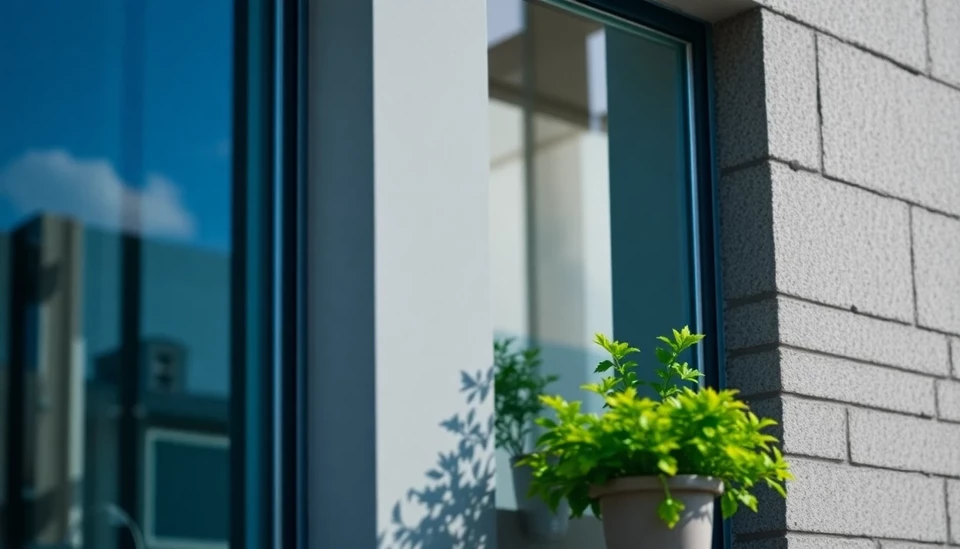
In a remarkable turn of events, Germany has witnessed a significant decline in the costs associated with homeownership after years of escalating property prices. This trend signals a potential easing of the housing market, offering hope to prospective homebuyers who have been grappling with soaring costs over the past decade.
Recent data reveals that home buying has become notably cheaper, primarily due to a combination of rising interest rates and a gradual stabilization in property prices. Following a peak that pushed many potential homeowners to the sidelines, the current climate encourages a reconsideration of the viability of homeownership for many Germans.
According to analysts, the median price for existing homes showed a marked decrease, dipping by approximately 4.9% year-on-year. This downturn comes as part of a broader trend that has seen residential property values flattening out after experiencing exponential growth fueled by low-interest rates and a robust economy.
Experts suggest that the increasing cost of borrowing has influenced the market considerably. As central banks around the world, including the European Central Bank, have raised interest rates to combat inflation, the impact has been felt in Germany’s real estate sector. Higher mortgage rates have deterred some buyers and slowed down transactions, leading to a more balanced market that is starting to favor those looking to purchase homes.
This shift not only assists first-time buyers aiming to enter the market but also appeals to investors who may have been hesitant amid the rampant price increases. Additionally, experts note that the rental market remains competitive, which accentuates the appeal of purchasing a home as a long-term investment strategy.
Moreover, regions that previously saw outsized price gains are now experiencing a correction, bringing down the average purchase price substantially. Areas that had been prohibitively expensive are now becoming accessible to a broader segment of the population, allowing for greater diversity in homeownership.
As the market adjusts, potential buyers are encouraged to approach the situation with careful consideration. While prices may be stabilizing, the implications of higher interest rates mean that prospective buyers must weigh their options more strategically than before. Financial experts recommend thorough due diligence and preparation for those looking to invest in property during this transformative period.
In conclusion, the current landscape in Germany’s housing market marks a significant departure from the frenzied pricing spikes of recent years. With homeownership becoming more attainable, both first-time buyers and seasoned investors can find opportunities that were previously out of reach. The evolution of the market could redefine the future of homeownership in Germany for years to come, merging affordability with stability.
As the situation continues to develop, stakeholders across the spectrum will be watching closely to see how these changes shape the dynamics of the vibrant German housing market.
#Germany #HousingMarket #HomeOwnership #RealEstate #InterestRates #PropertyPrices
Author: Rachel Greene




